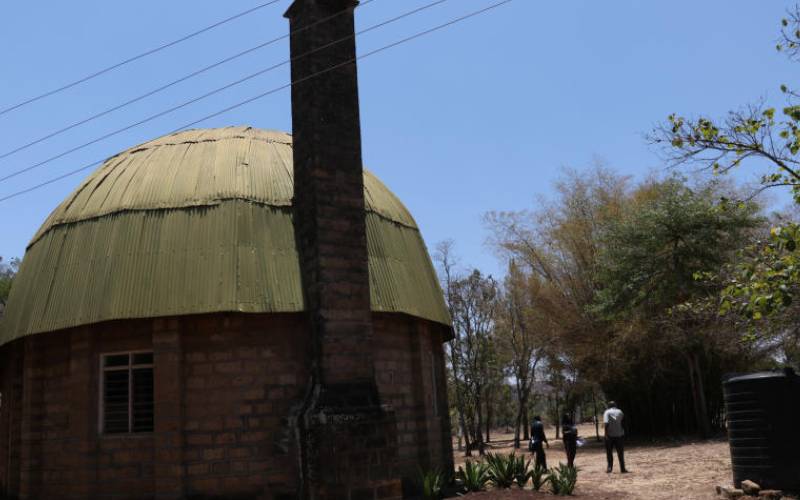×
The Standard e-Paper
Fearless, Trusted News

The Njuri Ncheke Shrine at Nchiru in Tigania West, Meru County. [Courtesy]
The Njuri Ncheke Supreme Council of Elders jealously guards its shrines scattered in Meru and Tharaka Nithi counties.